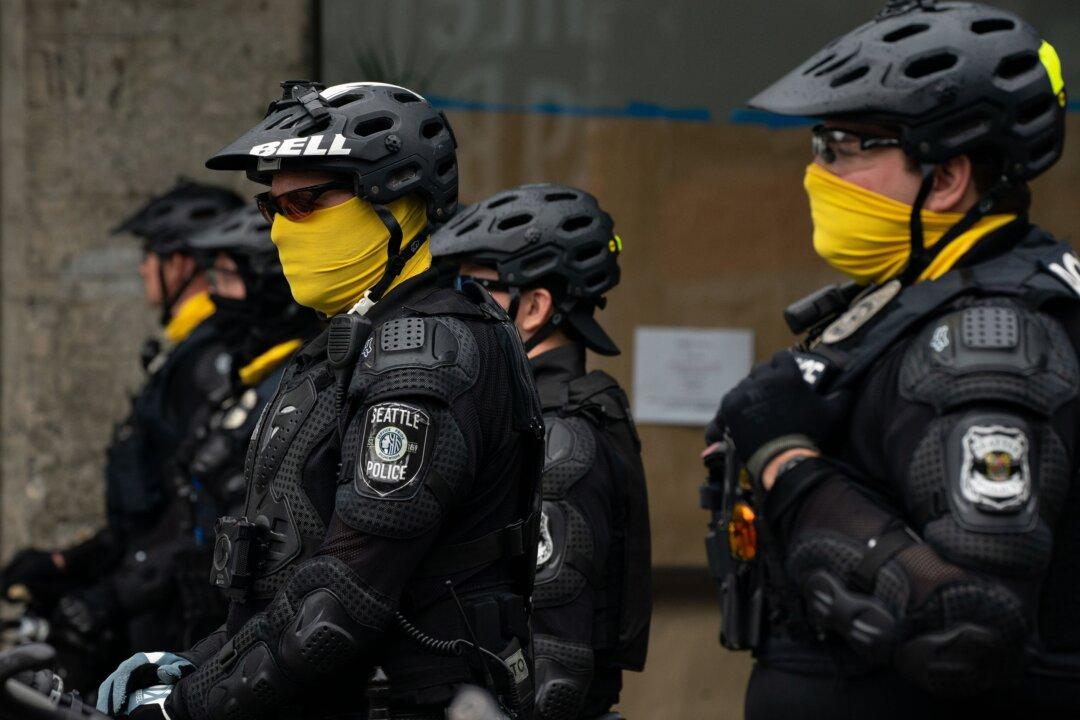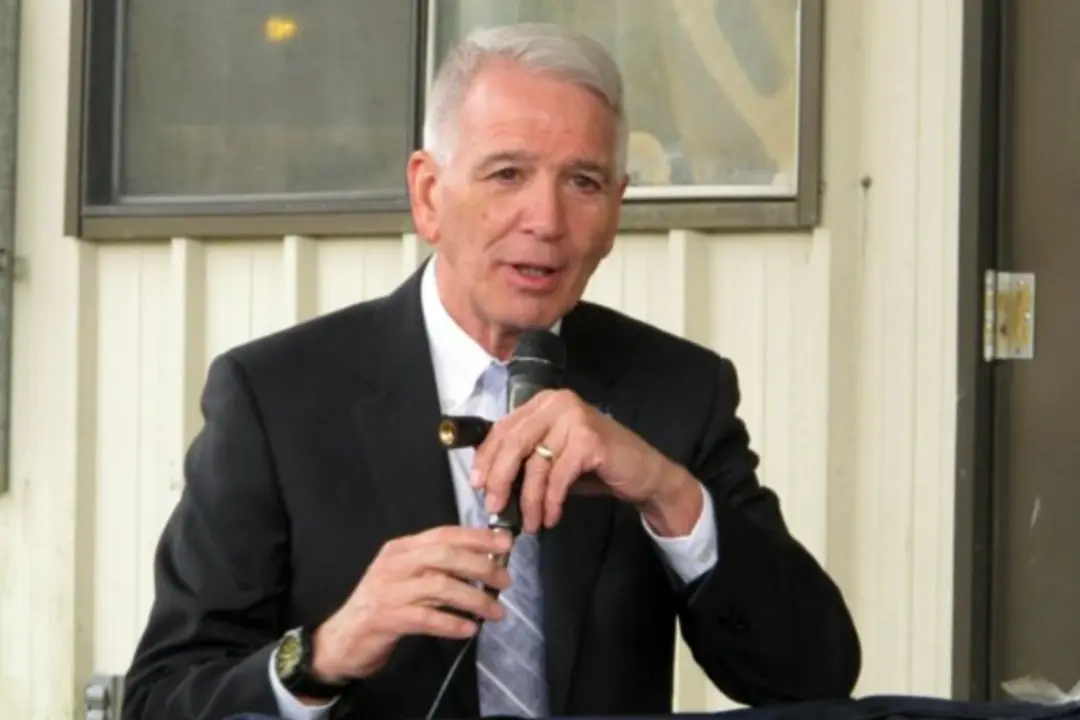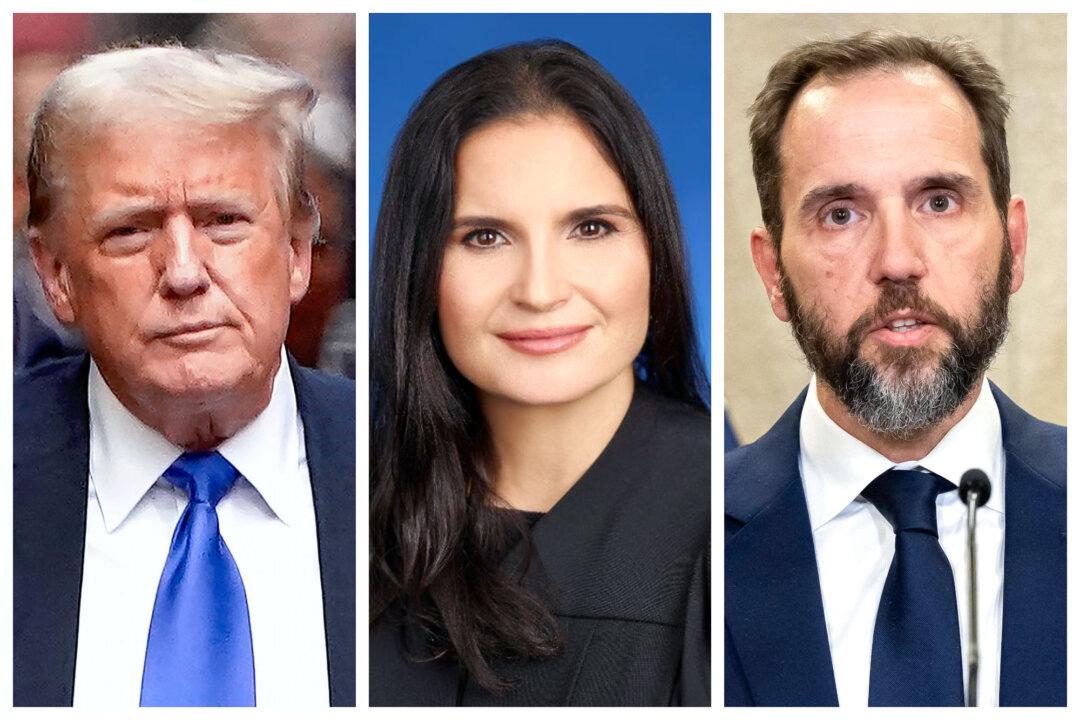The Seattle City Council on Monday approved nearly $4 million in cuts to the city’s police department, a precursor to plans for larger cuts in next year’s budget.
“Reducing the budget of the Seattle Police Department is a response to the calls for advocating for racial justice and investments in BIPOC communities,” Council President M. Lorena Gonzalez, a Democrat, said in a statement after the vote.





